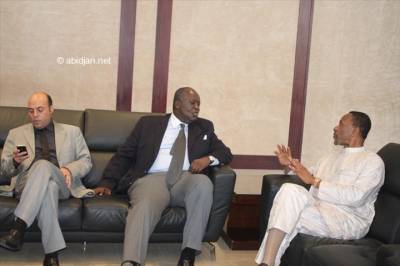In their work titled Deals de justice, and sub-titled, Le marché américain de l’obéissance mondialisée, a group of law experts, solicitors and magistrates discuss a baffling business-oriented justice. What are the pillars of this formidable, unique and fast justice, which is delivered without a legal judge, solicitors and trial?
1. The US’s Judiciary is Open to the World
According to Antoine Garapon, the USA, as a huge country, has always considered that justice must be applied to all and even worldwide. From Nuremberg to the Alstom case, nothing prevents the US from colonising the world with its law. However, 1977 was a major milestone in the process of institutionalising the extraterritoriality of America’s judicial system because it was then that the Foreign Corrupt Practices Act (FCPA) was voted to sanction the corrupt practices of multinational companies beyond American soil. Since that time the Deferred Prosecution Act (DPA) and the Non-Prosecution Act (NPA), which allow American judiciary to investigate a company suspected of violating US laws anywhere in the world and to dispatch its agents to such a company to comb the company’s records to confirm whether it is guilty or not. “There is no smoke without fire”, writes Pierre Servan Schreiber. There is no shortage of reasons or pretexts. It suffices to pay in US dollars, to use an American server, to be listed on an American stock exchange, etc. to fall under this kind of “negotiated justice” (Olivier Boulon).

